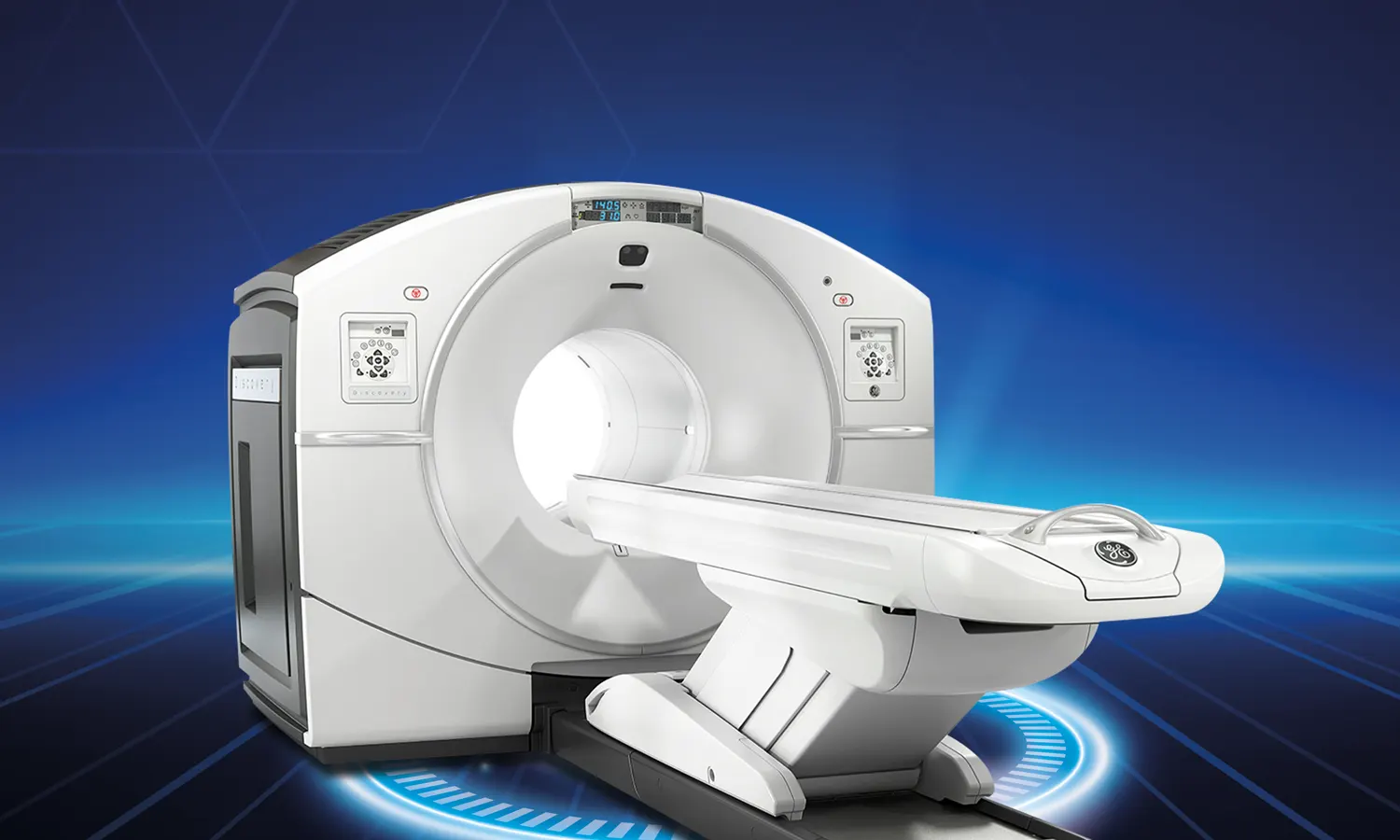Nuclear medicine stands as a specialized and crucial facet of the medical field, employing minute amounts of radioactive substances to illuminate the diagnosis and treatment of an array of medical conditions. Nestled within Koru Hospital, our Nuclear Medicine Department boasts state-of-the-art facilities and is staffed with a team of highly trained and skilled specialists, dedicated to pushing the boundaries of medical care.
The department's commitment extends beyond conventional medical practices, offering a comprehensive range of diagnostic and therapeutic services tailored to address a multitude of conditions. Some of the prevalent health issues evaluated and treated within our Nuclear Medicine Department encompass:
- Cancer: A pivotal application of nuclear medicine involves the detection and monitoring of various cancers, including but not limited to lung cancer, breast cancer, and lymphoma. Additionally, nuclear medicine aids in the meticulous planning and monitoring of cancer treatment strategies.
- Heart Disease: Nuclear medicine proves instrumental in diagnosing heart disease by providing detailed imaging of the heart muscle and blood flow. This innovative approach facilitates the detection of blockages and other abnormalities contributing to cardiovascular conditions.
- Thyroid Disorders: The department excels in diagnosing and treating a spectrum of thyroid disorders, ranging from hyperthyroidism to thyroid cancer, utilizing advanced nuclear medicine techniques.
- Bone Disorders: Nuclear medicine plays a crucial role in the diagnosis and monitoring of diverse bone disorders, including fractures, infections, and arthritis, ensuring a comprehensive understanding of musculoskeletal health.
- Gastrointestinal Disorders: The application of nuclear medicine extends to the diagnosis and treatment of various gastrointestinal disorders, encompassing reflux, inflammation, and cancer, providing a holistic approach to digestive health.
To facilitate accurate diagnoses, our nuclear medicine specialists employ an array of cutting-edge techniques, each tailored to specific needs:
- Positron Emission Tomography (PET): Leveraging a small quantity of radioactive material, PET imaging generates detailed 3D images, providing an unparalleled insight into the body's tissues and organs, essential for identifying abnormalities.
- Single Photon Emission Computed Tomography (SPECT): SPECT imaging utilizes a minute amount of radioactive material to produce intricate 3D images of specific organs such as the brain, heart, and bones, enhancing precision in diagnostics.
- Gamma Cameras: Employed to capture radiation emitted from radioactive material, gamma cameras produce detailed images of various organs and tissues within the body, ensuring a comprehensive diagnostic approach.
Beyond diagnostic services, the Nuclear Medicine Department at Koru Hospital offers an extensive array of therapeutic interventions, including:
- Radioactive Iodine Therapy: A specialized treatment employing a radioactive form of iodine, this therapeutic approach is instrumental in addressing thyroid disorders, specifically targeting hyperthyroidism and thyroid cancer.
- Radiopharmaceutical Therapy: Leveraging the potential of radioactive materials, this therapeutic modality targets and eradicates cancer cells, showcasing the department's commitment to innovative and effective treatments.
At Koru Hospital, our Nuclear Medicine Department remains steadfast in its dedication to providing high-quality, patient-centric care. We are unwavering in our commitment to leveraging the latest technologies and techniques, ensuring precise diagnoses and effective treatments for a diverse spectrum of medical conditions. This commitment underscores our relentless pursuit of excellence in the realm of nuclear medicine, fostering a culture of innovation and compassionate care within our esteemed institution.

